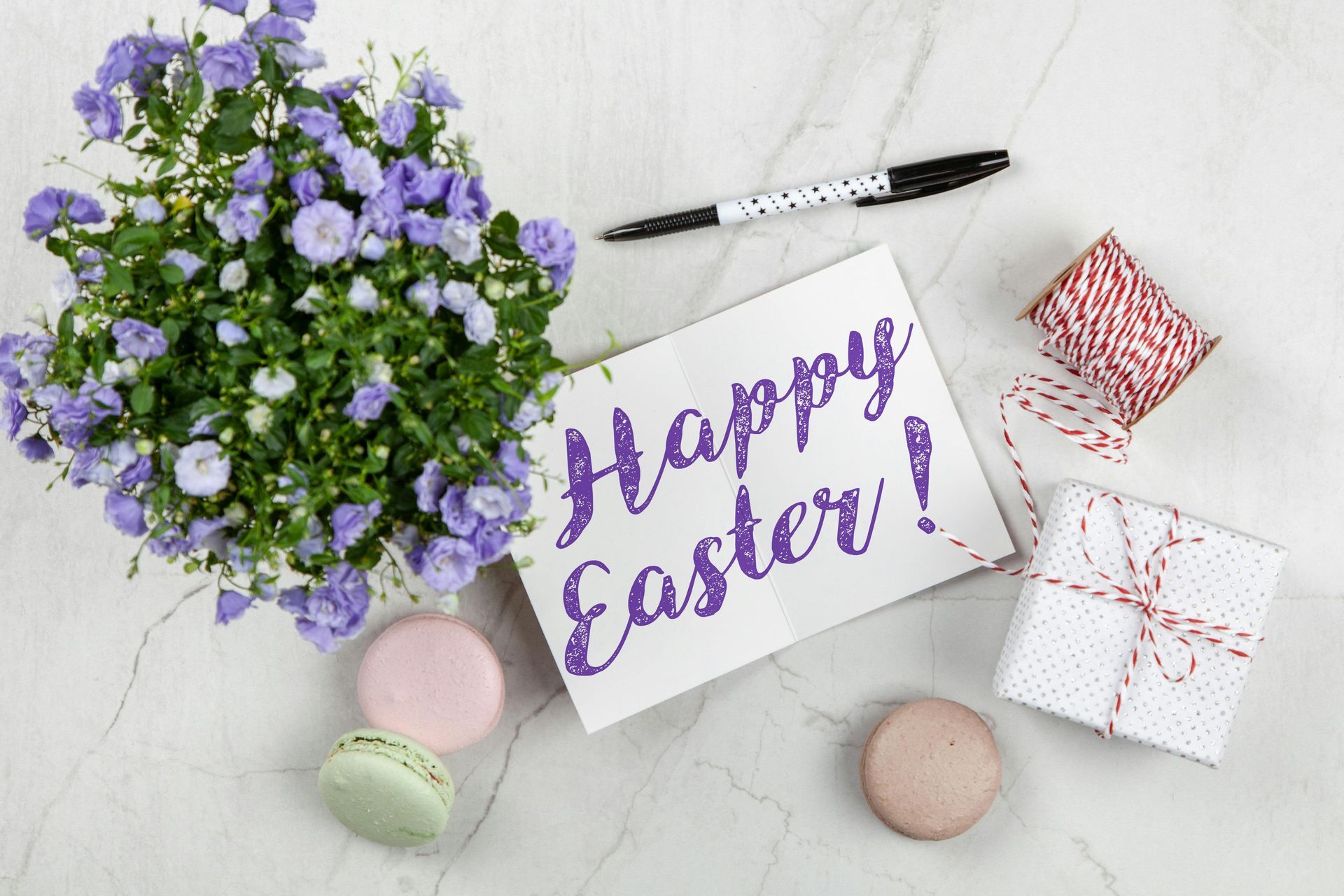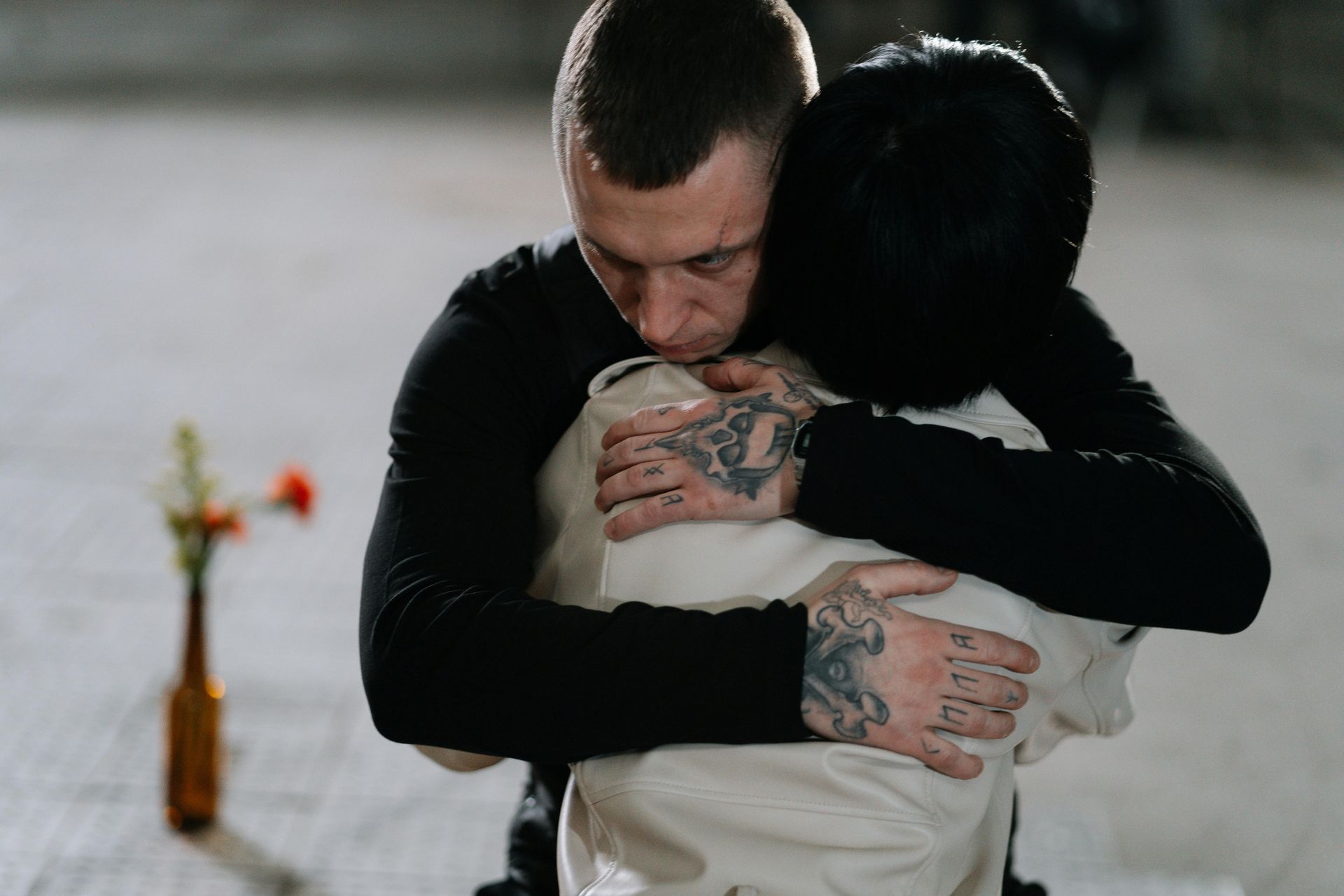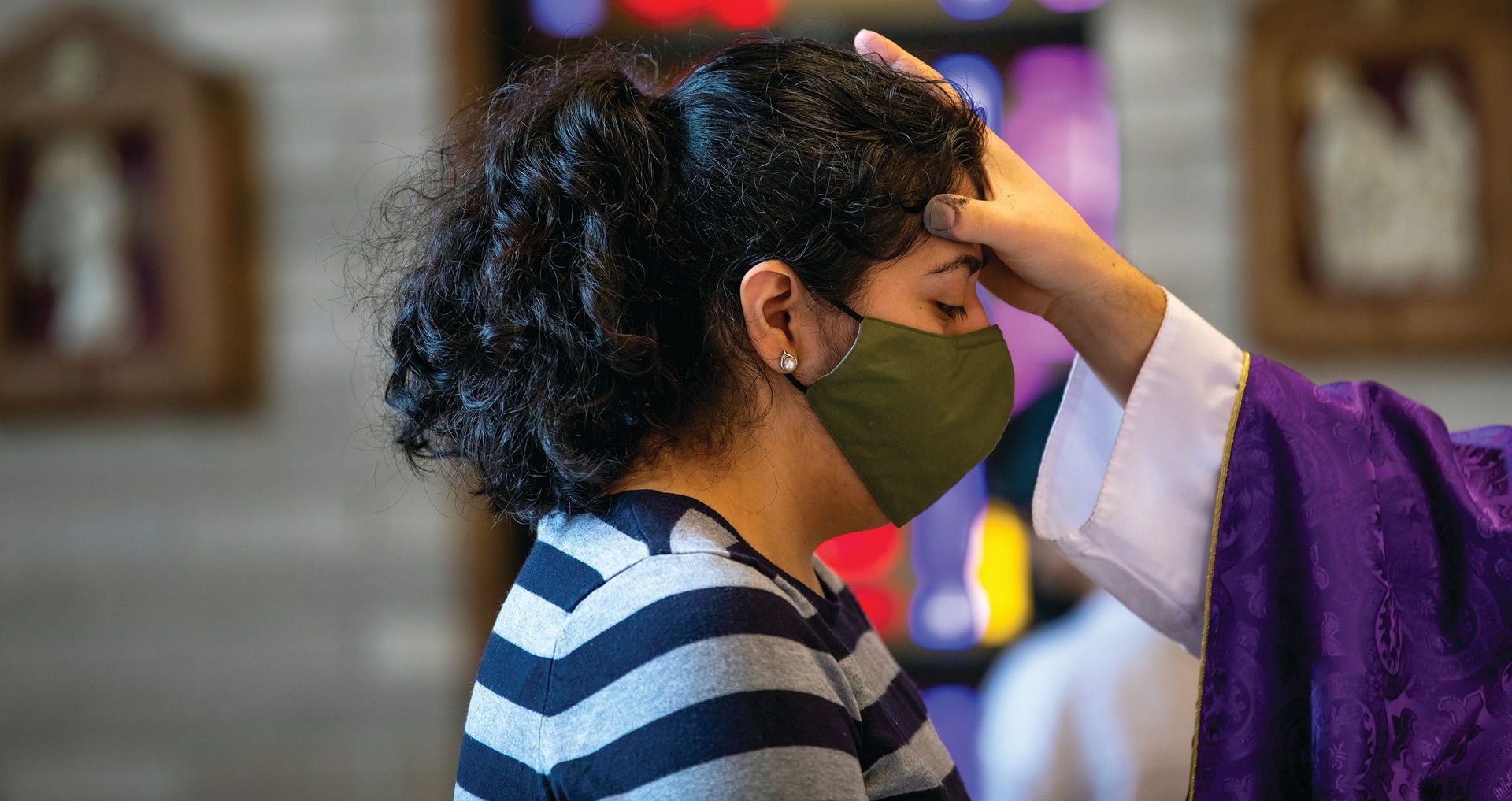Where Your Heart Belongs
The most common topic people come to talk with me about is their faith. I am glad about it. They often ask me questions during different parts of their faith journey. They ask, “Do I still have faith, or have I lost it?” “Is it ok to feel the absence of God in their life for a long time?” and “Is faith substantial for true happiness?”. These are important questions to answer. However these questions must be answered personally by each of us, and nobody else can judge our faith or happiness. It is a delicate matter and personal choice.
We often think true believers go to church regularly and call themselves Catholics. But this conclusion does not necessarily reflect truth. We must look into our heart and reflect upon where our heart truly belongs. The Bible talks about two main states of heart. We either make God the center of our life or we do not. Choosing to make our heart close to God will lead us to true happiness. Making any other choices may satisfy us temporarily, but it will lead in the end leave us disappointed and unhappy. This was clear to the prophet, Jeremiah, who is the author of today’s first reading. Jeremiah describes the two contrary states of a human heart.
The first state of heart belongs to a person who trusts just in a human effort and totally hopes in flesh. I know, this is an old language of the Bible that speaks about a human being who believes only in material things and does not really care about God and His commandments. This kind of person build his life without God, and often does it unintentionally. There are many things in his life which are more important than God. Jeremiah compares that person to “a barren bush in the desert…who stands in a lava waste, a salt and empty earth” (Jer 17:6). It is a dramatic and sad image of a state of heart of a person whose heart is far way from God.
The second image of Jeremiah, contrary to the first, is about a state of heart closed to God. Jeremiah describes a person whose heart hopes and desires God all the time. That person is like “a tree planted beside the waters that stretches out its roots to the stream…In a year of draught it shows no distress, but still bears fruit” (Jer 17:8). This is a delightful and encouraging image of a person who trusts in the Lord and his heart totally belongs to God. It does not mean that everything is wonderful and there are not difficulties or challenges in that person’s life. We often feel close to God but still experience suffering, trials and other problems. Perhaps we even feel like the Biblical Job who lost everything and everyone in his life. Despite his suffering and loss, he kept his faith in God and kept his peace of heart.
Personally, I went through both states of heart in my life. I remember time I trusted too much in earthly matters and just in myself. My choices and desires took me far away from God. Everything, not just my relationship with God, was falling apart including my relationship with other people. I felt like “a barren bush in the desert.” But there also was time I totally trusted in God and I desire to do God’s will in my life. Perhaps I was like “a tree planted beside the waters” and felt strongly God’s presence beside me. Even when I had to face trials and challenges or loss, I knew I have true peace deep in my heart.
To conclude, there is a test where our heart belongs. There are questions that might help us to recognize our present state of our heart. How do I react on the difficulties and defeats in my life? How do I relate to God when I suffer and go through trails? Do I search for God and feel God’s presence in difficult times of my life? Please find some time to reflect upon your heart frequently. It is a wonderful prayer.
I would like to end my reflection with a meaningful quote of St. Augustin who often looked into his heart to find God there. “Where your pleasure is, there is your treasure; where your treasure, there your heart; where your heart, there your happiness.”
Fr. Andrzej










